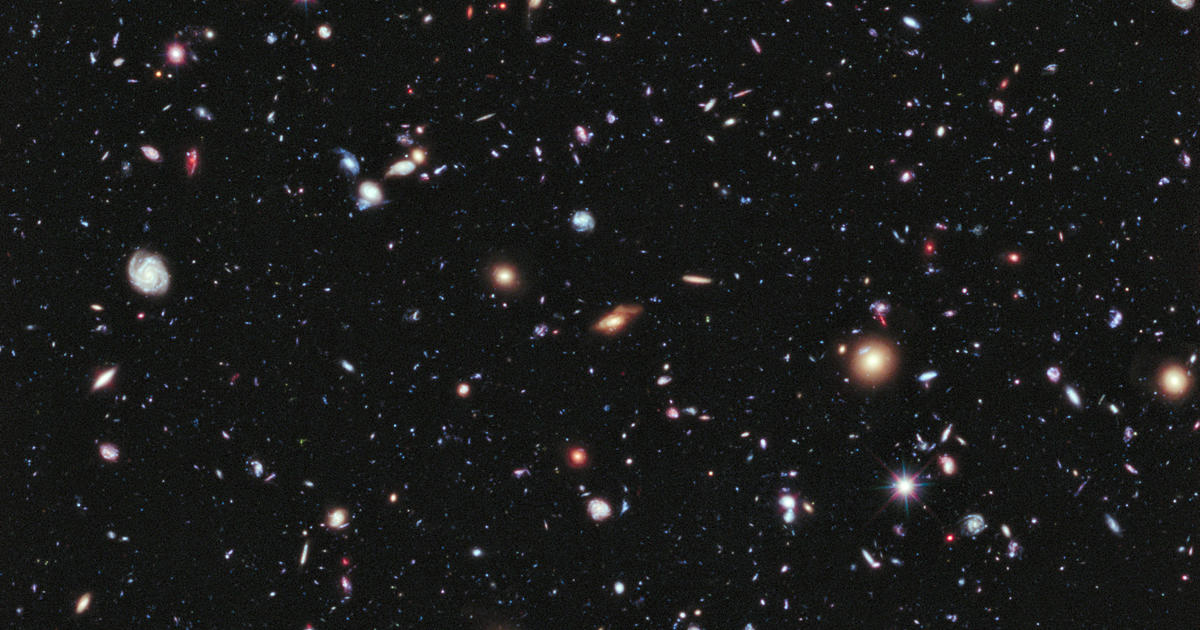
Acts 17:24-27 "The God who made the world and all things in it, since He is Lord of heaven and earth, does not dwell in temples made with hands; 25 nor is He served by human hands, as though He needed anything, since He Himself gives to all people life and breath and all things; 26 and He made from one man every nation of mankind to live on all the face of the earth, having determined their appointed times and the boundaries of their habitation, 27 that they would seek God, if perhaps they might grope for Him and find Him, though He is not far from each one of us."
Introduction:
What is God like? Who is God? Why is God's nature and identity important to you? The first of these questions will be the focus of our post today. Such questions occupy an area of theological study we call "theology proper". Theology proper focuses particularly on the highest, the first and the greatest subject of theological inquiry - God Himself. Theology proper is the first main area of a larger discipline of theological study that is associated with God's special revelation of Himself in the Bible ("Systematic Theology").
One other type of theology, natural theology, is a human attempt to infer what God is like from observations of the natural world, the sciences and philosophical reflection. Oftentimes, whatever observations that are gleaned from either systematic theology or natural theology end up being factored into tracing out one's understanding of theology proper.
The late author A.W. Tozer once noted that whatever a person thinks about God at a given moment uncovers what is most important thing about or to that person. A person's understanding about God will shape what they believe about the remainder of life and how they will live their lives.
What is God like?
Dr. Norman Geisler has aided the Christian in many ways by his numerous theological and apologetical insights. Many other writers have benefited from Geisler's charting-out of seven major worldviews that are based upon seven different conceptions of God's nature or what God is like, as seen below:

When we speak about what defines ultimate reality or where does the "buck-stop" when we arrive at the ultimate explanatory reference point for everything, this is where the question "what God is like?" becomes very important.
Atheism will tell us there is no God, or that such a being as God is an irrational concept. Atheists such as the late Carl Sagan would quip that the universe is "all there is, all there was and all that ever will be". Thus, physical time and space is the ultimate reality - on the atheistic worldview.

Yet, both scientific inquiry and philosophical investigation confirm that the universe began to exist at a point in the finite past. Moreover, the above opening Biblical passage in Acts 17 clearly tells us "The God who made the world" is the Ultimate Cause of all things. The physical universe could not had caused itself, nor existed eternally, nor had been caused by a bigger material cause. Such notions result in the notion of something creating itself out of nothing or an infinite chain of causes and effects - both of which contradict reason, science and no doubt the Bible. The cause of the universe had to be immaterial, intelligent and eternally existing before the universe began to exist. Hence, atheism most certainly fails, since God is not even factored into its worldview.
So what about the second major worldview, polytheism, which asserts many gods, many deities, as defining God? Such representative religions as Hinduism and Mormonism subscribe to polytheism. Polytheism exists in one of two flavors: the finite variety and infinite variety. Finite varieties of polytheism express their various deities as being like mostly divine supermen and superwomen, sharing the power and carrying on their individual purposes upon the arena of human life. The other variety of polytheism has the various deities less well defined.
The problem with polytheism is the conflict of wills and incoherence that plagues it. Again, when we consider the ultimate cause and origin of the universe, One Mind, One will and thus One God makes much more sense than a multitude of wills (compare 1 Corinthians 8:6). One only need to review the ancient forms of polytheistic thought from Greece, Rome, Babylonia, Assyria and Egypt. All those systems suffered from incoherence and ultimately collapsed in on themselves.
So in having reviewed atheism and polytheism, we come to the next set of worldviews that limit the nature of God in one degree or another. Panentheism locates God within the world and identifies Him with it. Just as a human being is a soul with a physical body, the analogy carries forth in panentheism with God being the soul and the universe His body. The next worldview is what is termed "finite godism". Limits are placed upon God's knowledge of the future or His power. A modern example of "finite godism" is "open-theism", which suggests that God runs the world by taking risks, since He cannot know for certain what decisions we will make.
Do the worldviews of "panentheism" or "finite-godism" square with the Bible, philosophical reflection or scientific inquiry? To answer this from strictly the Biblical evidence, we find again and again that God is omniscient (Psalm 139; Isaiah 41:21ff), omnipotent (Psalm 145; 1 Timothy 6:16), omnipresent (Psalm 139), eternal (Psalm 90), all-good (Psalm 136), immaterial (John 4:24), One in being (Deut 6:4-6). None of the above worldviews fit the mold traced out by the Bible. In short order, we've evaluated and found wanting atheism, polytheism, pantheism, panentheism and finite godism as properly answering the question: what is God like? So then, what can be said of the remaining worldviews?
Pantheism identifies God with the world, meaning that in every tree, rock, plant and us is God, and all of creation is God. The popular movie franchise "Star Wars" mimic pantheism by positing "the force". Deism portrays God as setting everything in motion and then letting creation to its own devices. The last worldview, "theism", states God is beyond the universe (transcendent) and interacts within it (immanent). So what can we note about these three remaining worldviews?
Pantheism's weakness is that it tries to have an infinite Deity that is impersonal. The God of the Bible is unquestionable personal - possessing intellect, emotion and will. In the Bible, God is loving, merciful and concerned about the salvation of human beings (2 Peter 3:9) and in directing the affairs of governments, our world and all that is in it (Romans 11:33-36).
When considering the observations we glean from philosophical reflection and observations of the natural world (i.e natural theology), in order for a finite effect like the universe to derive from an infinite, transcendent cause - that cause had to possess a mind and a will to execute His choice to bring the universe into being. Thus, panetheism most certainly cannot be the right answer to the question: "what is God like?"
Deism gets somewhat closer to the truth. In Deism, one has an all-powerful, all-knowing Deity that is the cause of the universe and yet - this deity has taken His hands off to let the universe be governed by natural laws. Deism's deity is not the Savior of the scripture. Although we've not mentioned it in today's post, the Bible's central event: the incarnation of the Son of God as the man Jesus of Nazareth - who lived, died, raised from the dead and ascended - tells us that God Himself came into our world to do something about this mess we call sin. Deism's conception of deity allows no incarnation, no cross and no resurrection. Deism has by-and-large fallen into great disfavor due to the fact it is ineffective in dealing with other questions like the problem of evil and suffering, salvation and final judgment. Furthermore, the Bible does not conceive of God as not being involved with His creation.
So we then arrive at the seventh worldview - theism. Theism gives us One God, with all the eternal attributes, that is intelligent, transcendent or beyond the universe and also capable of directly impacting every point within time and space. The Baptist Faith and Message 2000 states:
"There is one and only one living and true God. He is an intelligent, spiritual, and personal Being, the Creator, Redeemer, Preserver, and Ruler of the universe. God is infinite in holiness and all other perfections. God is all powerful and all knowing; and His perfect knowledge extends to all things, past, present, and future, including the future decisions of His free creatures. To Him we owe the highest love, reverence, and obedience."
Closing thoughts:
Today we explored the question: what God is like? We considered seven worldviews: atheism, polytheism, panentheism, pantheism, finite godism, deism and theism. We saw various weaknesses in the first six, concluding that only theism (and if we had more time, Christian theism) best answers the question. By chiefly considering what the Bible has to say about God, as well as considerations of natural theology, the conclusion was drawn that God is, His His nature and attributes, all knowing, all-powerful, everywhere present, all-good, immaterial, One in being, possessing all wisdom and deeply involved in the affairs of our world.
